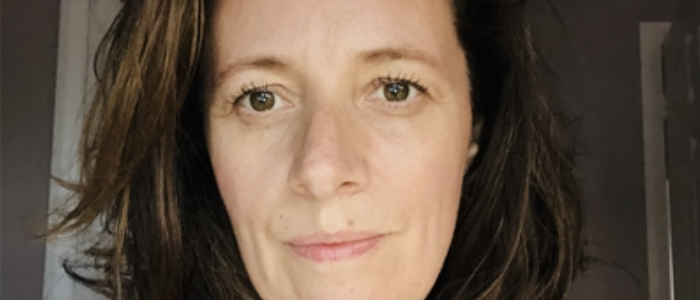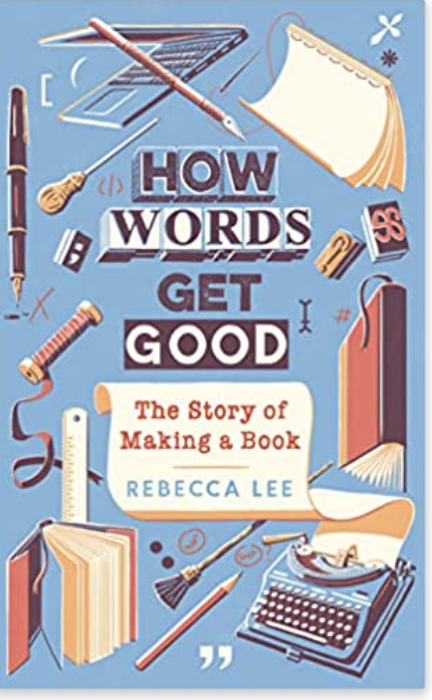
Resilience of the classic reading format


The Pandemic saw strong book sales in major developing markets in 2021, with adult and young adult fiction embraced by a vibrant community of readers posting recommendations on the short video app in increasingly competitive attention of the economy. The chances are we will continue to keep buying and reading books as the technology of bound pages remains resilient.
Professional word-improver and an editorial manager at Penguin Random House, Rebecca Lee tracks the journey of an idea “from the mind of the author to the eyes of the reader” and offers a behind the scene peek at the bookmaking process. She embarks on the fascinating journey to find out how a book gets from the author’s brain to finished copy learning all the dark arts of ghostwriters, uncovering the hidden beauty of typesetting, and finding out which words end up in the book and why. Her quest will be punctuated by a litany of little-known considerations that make a big impact: ellipses, indexes, hyphens, esoteric grammar, and juicy errata slip, Whoops. Rebecca Lee explains how words get born, written, and better edited and are set free to be published, demystifying the role of copy editors and cover designers, proofreaders, typographers, printers, and translators. Our reverence for books stems from their origins in religious texts- Biblio and Bible share a Greek root. The book publishing industry’s economic model is not far off from venture capital models, a few bets yield a big pay-off when a book becomes a bestseller. The portion of the print run that is unsold is returned by booksellers, some of these are remaindered and sold at discount, and others are recycled (pulp to pulp). She has spent twenty years managing hundreds of high-profile books from delivery of manuscripts to finished copies, signing off millions of words as fit to go print with only the occasional regret.
How Words Get Good is full of anecdotes that are catnip for book lovers, from expensive errata – the 20,000 copies of “The Importance of Being Ernest” that came back from the printers, or a 1962 nuclear test in Sedan being accidentally relocated to Sudan and almost triggering a diplomatic incident to the delightful fright of ghosts.
Once upon a time, a writer had an idea that was written down and transformed into a book. From the foot-and-note disease to the town of the index, Missouri – turn the page to discover how books get made and words get good, or, at least, better.
How Words Get Good: The Story of Making a Book by Rebecca Lee, Profile £14.99, 384 pages.
